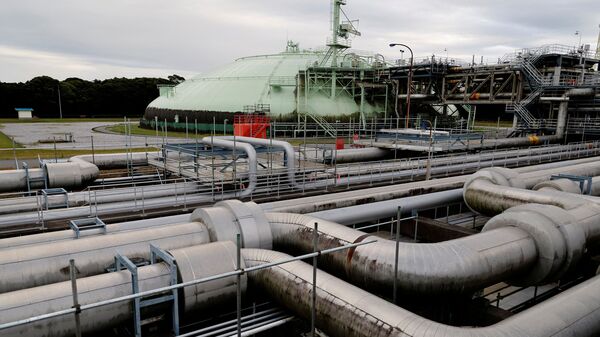Key Takeaways
- EU nations agree to ban all Russian gas imports by end of 2027
- Short-term contracts to be prohibited by mid-June 2024
- Hungary and Slovakia receive exemptions from initial phase
- Decision requires final approval from European Parliament
The European Union has taken a decisive step toward energy independence by agreeing to completely phase out Russian gas imports by 2027. EU energy ministers approved the European Commission’s plan to ban both pipeline gas and liquefied natural gas (LNG) from Russia.
Denmark’s Energy Minister Lars Aagaard described the move as “crucial” for European energy security. “Although we have worked hard and pushed to get Russian gas and oil out of Europe in recent years, we are not there yet,” Aagaard stated.
Phased Implementation Timeline
The ban will be implemented in stages, with short-term contracts prohibited by mid-June 2024. Hungary and Slovakia, both landlocked nations, will be exempted from this initial phase due to their geographical constraints and existing infrastructure dependencies.
After 18 months, EU countries will begin banning long-term contracts with Russian gas suppliers. Negotiations with the European Parliament, which favors a faster exit from Russian energy, are set to begin with the goal of reaching a final agreement before year-end.
RepowerEU Strategy and Challenges
The ban forms part of the EU’s broader RepowerEU strategy, launched after Russia’s invasion of Ukraine in 2022. The European Commission has separately proposed banning Russian LNG by the end of this year, which leaders will discuss in Brussels this week.
While the recent trade restrictions required only a weighted majority of 15 countries, full sanctions need unanimous approval from all 27 EU nations – a hurdle that has proven difficult in the past. Hungary and Slovakia, maintaining closer diplomatic ties with Moscow, opposed the latest move.
The EU currently receives approximately 15% of its LNG supplies from Russia, making Moscow the bloc’s second-largest LNG provider after the United States. The decision comes amid US pressure to strengthen energy ties and reduce European reliance on Russian fuels.




